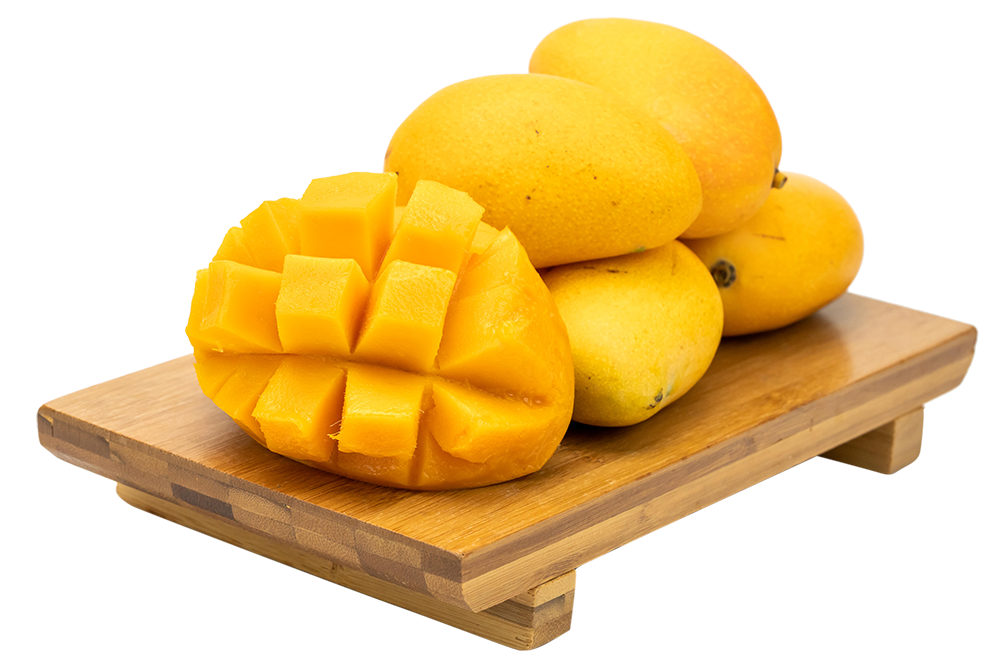Mangoes help in aid digestion

Mangoes help in aid digestion
Mangos are one of the most popular tropical fruits and are loved for their sweet, juicy taste. But did you know that mangos can also be beneficial for your digestive system? Mangos contain compounds that can help stabilize your digestive system and promote good gut health.
One way that mangos can help your digestive system is by providing amylase compounds. Amylase is an enzyme that breaks down carbohydrates, such as starches and sugars, in your digestive system. These compounds can help dissolve other foods in your stomach, making it easier for your body to digest them.
In addition to amylase compounds, mangos also contain dietary fiber. Dietary fiber is important for maintaining regular bowel movements and preventing constipation. Fiber can also help regulate blood sugar levels and lower cholesterol levels.
Studies have shown that the fiber in mangos may be more effective for relieving constipation than equivalent fiber supplements. This is because the fiber in mangos is a combination of soluble and insoluble fibers, which work together to promote healthy bowel movements.
Soluble fiber dissolves in water and forms a gel-like substance in your digestive system. This can help slow down the absorption of sugar and cholesterol, leading to better blood sugar and cholesterol control. Insoluble fiber, on the other hand, adds bulk to your stool and helps move waste through your digestive system more easily.
Incorporating mangos into your diet is easy and delicious. You can enjoy mangos fresh, sliced up in a salad, blended into a smoothie, or grilled for a tasty dessert. Mangos are also a versatile ingredient in savory dishes, adding a sweet and tropical twist to traditional recipes.
In conclusion, mangos are more than just a tasty fruit. They offer both amylase compounds and dietary fiber, which can help stabilize your digestive system and avoid constipation. So the next time you’re looking for a healthy and delicious snack, reach for a juicy, ripe mango and give your digestive system a boost!